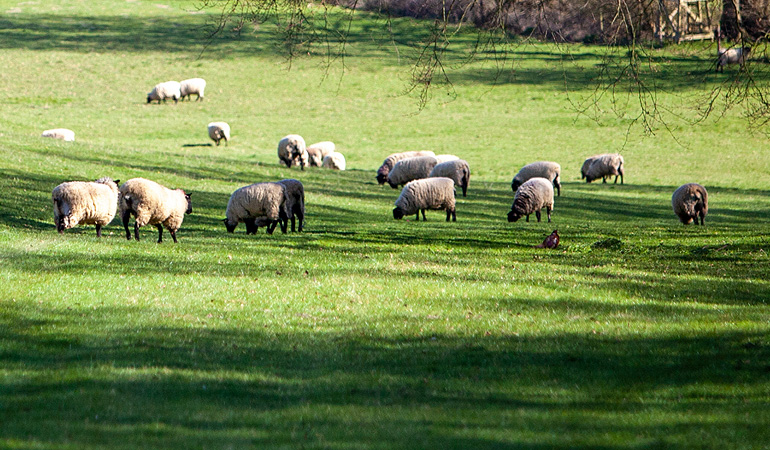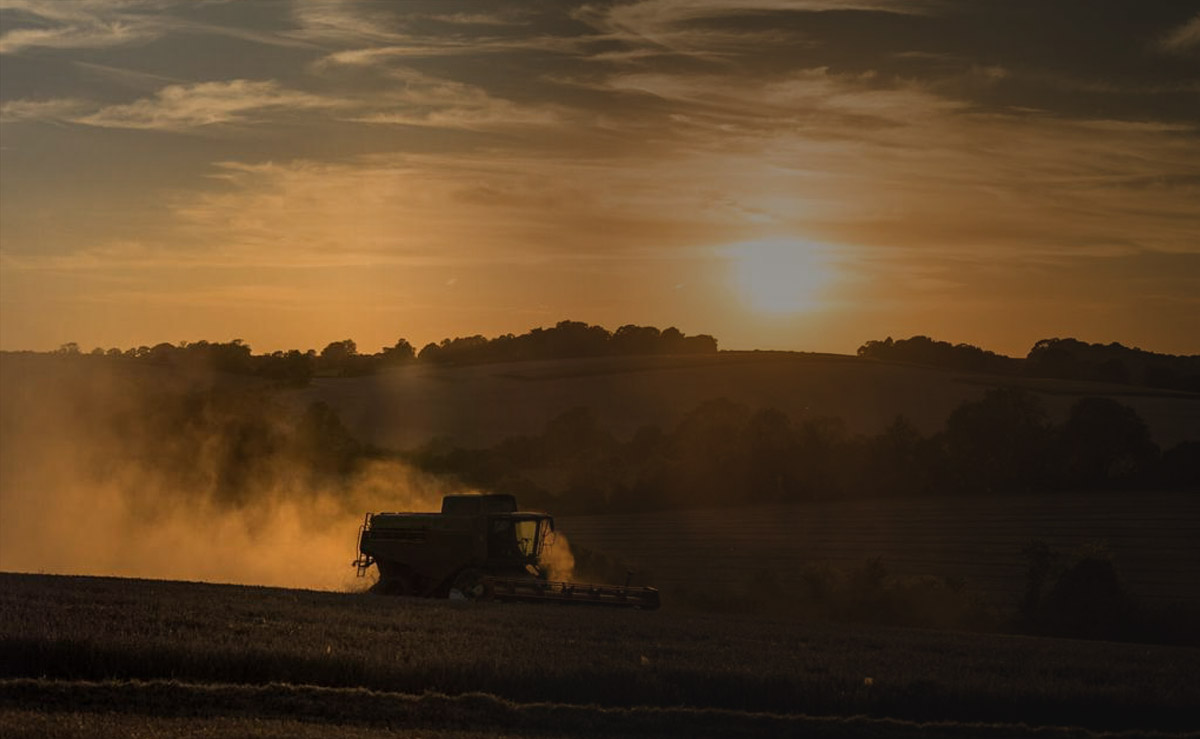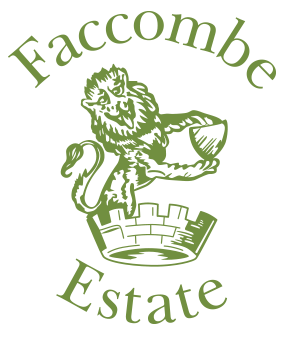The Farm
Keeping as much carbon in the soil and limiting our emissions, whilst being financially viable.
The Estate covers over 4,000 acres of farmland that is used for cominable crops and livestock.
As with all aspects of the Estate, we are continually developing our farming practices to ensure we are responsible, limiting our emissions using systems that sustain and regenerate soil health.
In order to support the biodiversity on the Estate we have dedicated 150 hectares to wild flowers and winter bird food to encourage habitats for farmland birds and beneficial insects to floruish. In conjunction with the Hampshire Biodiversity Action Centre, we are closely monitoring our increase in numbers of birds, voles and butterflies.
Arable Farming
We grow a balanced variety of crops over 3,000 acres on an arable rotational basis, using practices to help regenerate soils for the future, coincidingly producing high-quality crops. The Estate grow many variations of wheat, rye, oats, oilseed rape, spring beans, linseed and poppies. We also farm a further 1,000 acres under a Contract Farming Agreement.
By making the most of our natural surroundings and understanding our soil matter through investment and research, we are able to develop our practices to produce high-yielding crops in a cost-effective manner.

Accuracy derived from the latest agricultural technology and our holistic approach ensures we are caring for our land through regenerative agriculture practices. Steadily we have moved away from the plough to minimum and zero tillage where possible to minimise the carbon loss from the soil.
We have actively reduced our reliance on chemical inputs by switching to bio stimulants and adjuvants. Grazing ewe lambs has greatly added to our overall soil quality, meaning we have reduced our use of bagged fertiliser by three quarters in some cases.
Livestock

We pride ourselves on looking after our livestock, 1,500 ewe lambs are rotationally grazed on our ideal downland grassland at Faccombe Estate. The numbers are kept low and are non-intensively managed and are destined for the breeding market.
Whilst livestock does increase our carbon output, this is offset by the carbon we capture in the soil from growing stubble turnips as a cover crop, which are then grazed by the lambs.

